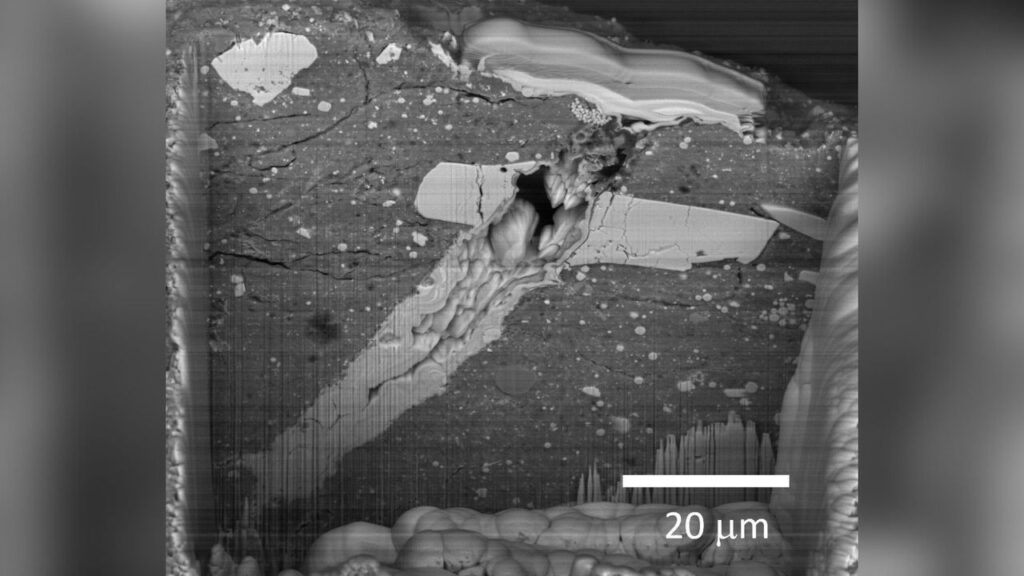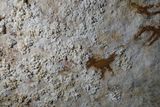
NASA has intensified its research on the near-Earth asteroid Bennu, a celestial body that has intrigued scientists since its discovery in 1999. This asteroid, approximately one-third of a mile (or 500 meters) wide, serves as a valuable time capsule from the early solar system and may hold clues to the origins of life on Earth. The agency’s OSIRIS-REx spacecraft, which was launched to Bennu, successfully collected samples in 2020 and returned them to Earth in 2023, paving the way for in-depth analysis.
Understanding Bennu’s Composition
Located around 186,000 miles (or 299,000 kilometers) from Earth at its closest point in its orbit, Bennu became the focus of the OSIRIS-REx mission due to its accessible orbit. NASA reports that the asteroid is rich in carbon-bearing compounds and minerals that have existed for over 4.6 billion years. Scientists believe Bennu may have originated in the main asteroid belt between Mars and Jupiter before drifting towards Earth.
Research conducted at NASA’s Johnson Space Center in Houston has utilized scanning electron microscopes and various analytical instruments to thoroughly examine Bennu’s samples. Initial findings indicate that the asteroid is a composite of pre-solar stardust and organic materials likely formed in space. This diverse composition suggests that Bennu’s parent body contained materials sourced from different regions, possibly even outside our solar system.
Geological Insights and Implications for Life
Further microscopic studies of Bennu reveal that its geology has evolved over time, influenced by interactions with water and ice. Researchers propose that Bennu’s ancestor contained significant amounts of ice, which melted and triggered chemical reactions that transformed its minerals. Notably, up to 80% of the minerals in the samples contain water, underscoring the asteroid’s potential role in delivering essential ingredients for life to Earth.
Understanding these geological processes is critical for astronomers as it provides insights into how asteroids form and how their materials may alter before impacting Earth. The ongoing research into Bennu will not only enhance our knowledge about the early solar system but could also shed light on the building blocks of life.
NASA’s continuous exploration of asteroids like Bennu signifies a crucial step in unraveling the mysteries of our solar system. As scientists delve deeper into these samples, the findings may have far-reaching implications for our understanding of life’s origins, both on Earth and beyond. For those interested in learning more, additional information about Bennu and NASA’s missions to study asteroids is available on their official website.






